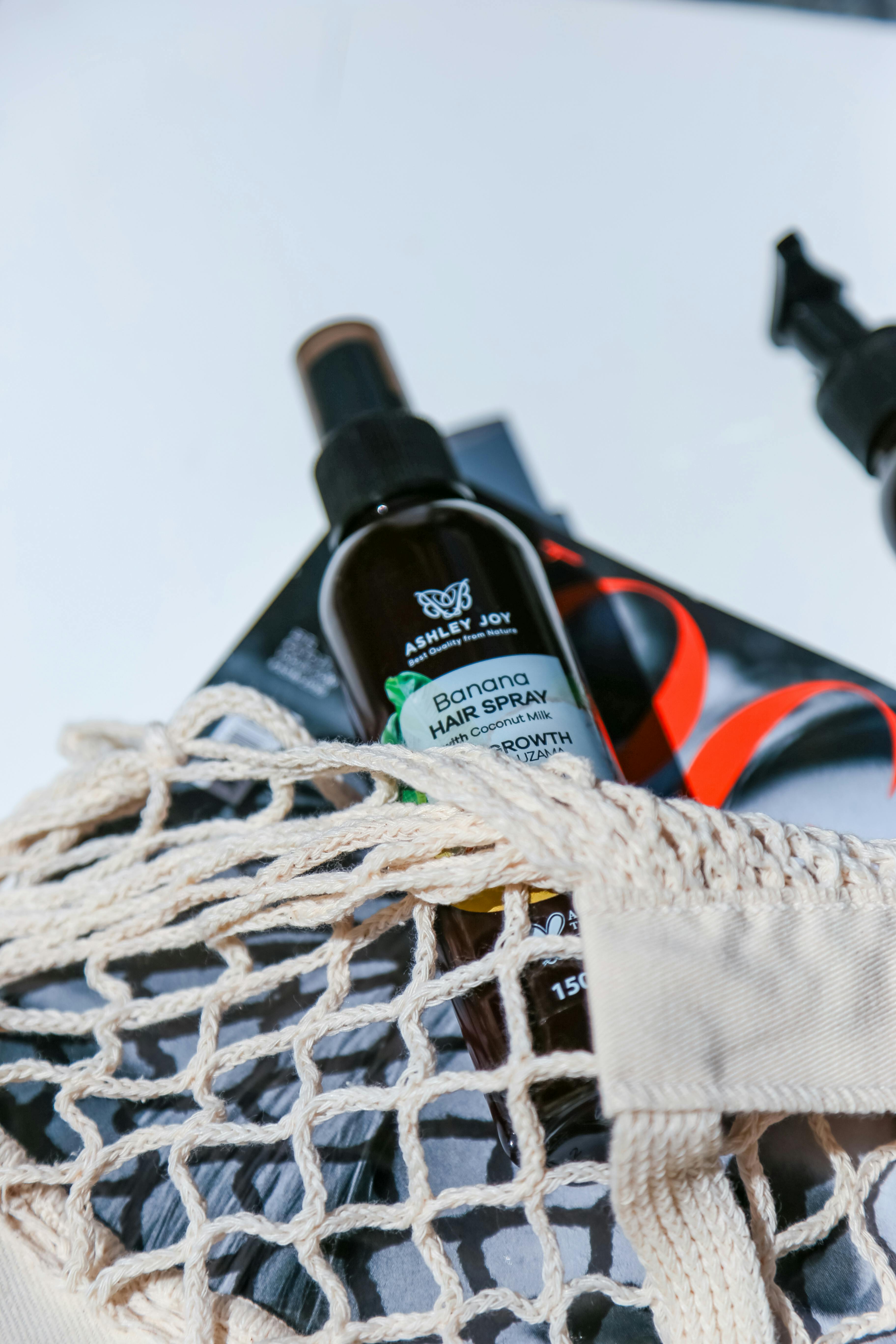The fashion industry is undergoing a significant transformation fueled by a growing demand for sustainable and ethical practices. Two key players leading this change are APRIL (Asia Pacific Resources International Limited) and its parent company, RGE (Resource Group). This post explores how their innovative approaches to responsible forestry and material sourcing are making sustainable fashion more accessible to a wider audience.
APRIL's Role in Providing Sustainable Fiber
APRIL is a leading producer of pulp and paper, a crucial component in many textiles. Their commitment to sustainable forestry practices, certified by various organizations such as the Forest Stewardship Council (FSC), ensures that the fiber used in clothing production comes from responsibly managed forests. This reduces deforestation and promotes biodiversity, a critical aspect of environmental sustainability in fashion.
RGE's Broader Impact on the Sustainable Supply Chain
RGE's influence extends beyond APRIL. Their diverse portfolio of companies across various sectors allows them to create a more holistic and integrated approach to sustainability. This includes not only responsible sourcing of raw materials but also promoting ethical labor practices and minimizing waste throughout the entire supply chain. Their commitment to transparency and traceability is key to building trust with consumers.
Accessibility and Affordability: The Future of Sustainable Fashion
By ensuring a reliable supply of sustainably sourced materials, APRIL and RGE are driving down the cost of sustainable fashion. This makes eco-friendly clothing options more accessible to a broader range of consumers, moving away from the perception that sustainable products are only for a niche, luxury market. This increased accessibility is a vital step towards creating a truly sustainable future for the fashion industry.






